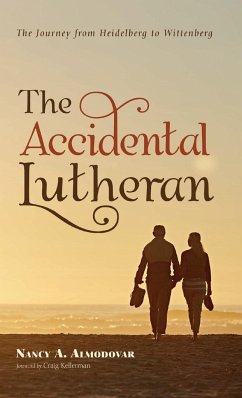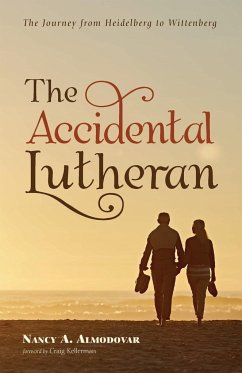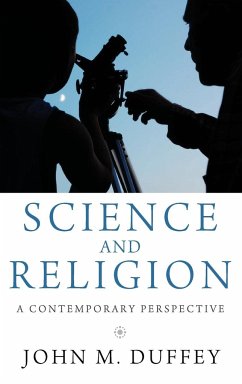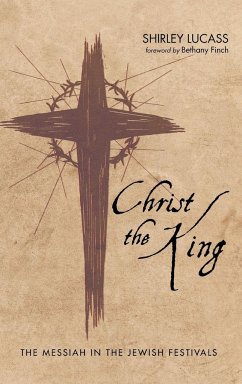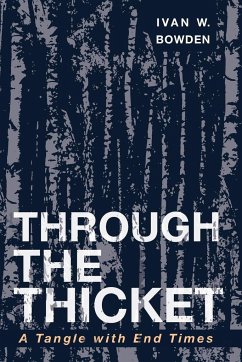Evolutionary psychologists have shown that we have inherited from the higher animals and primitive humans certain instincts which were necessary for survival in prehistoric times, but which incline humans to hurt other humans. I call them the Antisocial Instincts, and I propose that they replace the doctrine of Original Sin. Jesus did not come to die for our sins. The idea that God had to sacrifice his only son to make things whole is a repugnant idea. Jesus came to teach, and his principal ethical teachings can be organized into five Precepts, which directly oppose the Antisocial Instincts in humans and their institutions. Teaching them is Jesus's principal redemptive action. Jesus did not intend to accomplish the redemption by himself. He intended that his followers complete his redemptive activity by following his five Precepts and using them to reform humanity's social and political institutions. By doing so, we can become followers of Jesus in his redemptive activity, and in this activity find meaning, hope, freedom, and authenticity.
Hinweis: Dieser Artikel kann nur an eine deutsche Lieferadresse ausgeliefert werden.
Hinweis: Dieser Artikel kann nur an eine deutsche Lieferadresse ausgeliefert werden.




